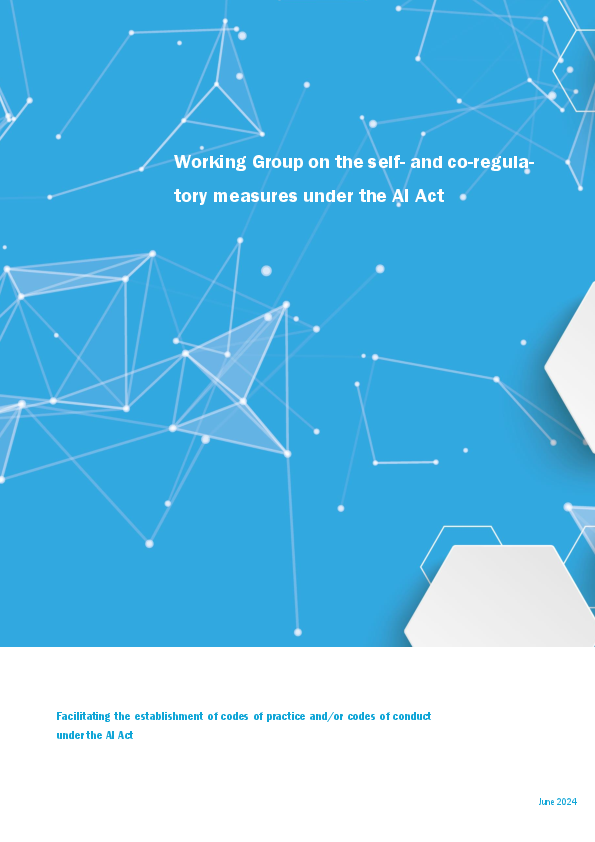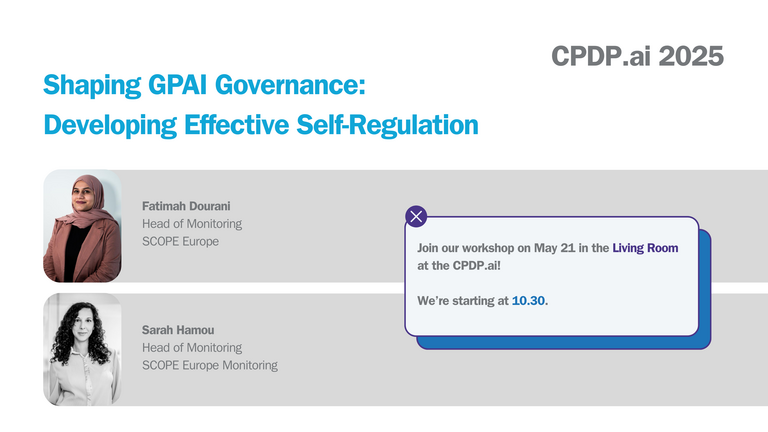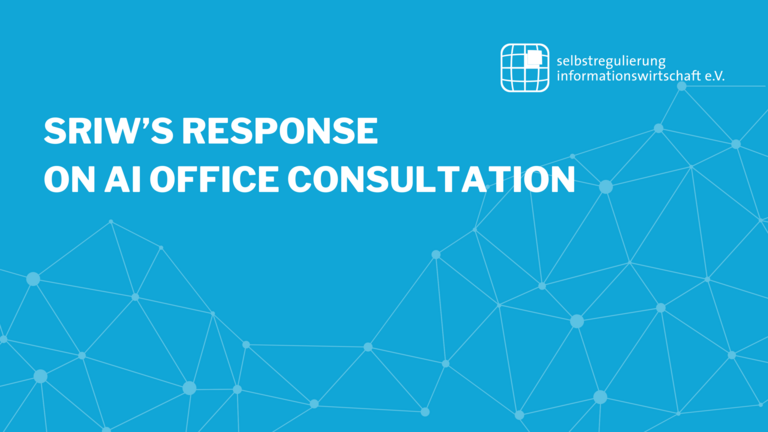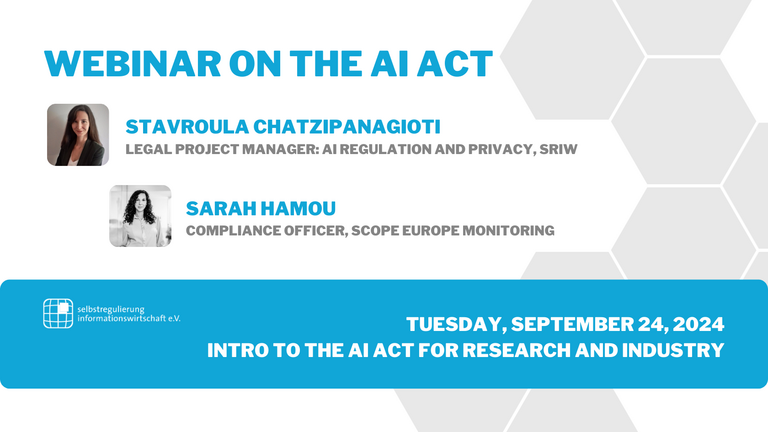Background
In the wake of rapid advancements in artificial intelligence (AI) technology, the current legal framework (the “AI Act”) introduced by the European Commission aims to ensure transparency, accountability, and safety in the development and deployment of AI systems by adopting a classification system according to which AI systems are categorized based on their risk level from low-risk AI systems to prohibited AI.
With the Council of the EU having approved the AI Act on 21 May 2024 and its publication in the Official Journal of the European Union on 12 July 2024, the Act enters into force on 2 August 2024. The obligations will be phased in over a period of three years, with the first key obligations on prohibited AI applying six months after the AI Act comes into force. All businesses involved in the development, deployment, distribution, oversight or utilization of AI will need to assess their use of AI to ensure compliance with the AI Act.
As SRIW-Member
- Voting members: You are entitled to send as many experts and representatives as deemed useful. Nonetheless, the principle of one vote per member remains.
- Regarding non-voting/Project members: You are entitled to send representatives, without voting rights.
As Guests/Third Parties (Non-Member)
We are striving for high quality results and broad market adoption. Consequently, this working group is open for Guests/Third Parties. Non-Members are provided the opportunity to join and contribute their expertise, subject to an administrative fee.
The working group's approach
This Working Group aims to explore and develop co/self-regulatory mechanisms outlined in the AI Act. In this process, it will examine the possible interplay between Codes of Practice and Codes of Conduct as well as standardisation and adequate alternative means, identifying any overlaps or complementary aspects.
The group will discuss and draft positions respectively pragmatic suggestions on who should be involved in creating Codes of Practice and Codes of Conduct. While the AI Act suggests that business stakeholders are optional in developing Codes of Practice, conditional to the de-facto processes of drafting codes under the AI Act, involving business stakeholders early might be crucial to adequately represent the needs of different market sectors. This includes paying special attention to the interests and needs of small and medium-sized enterprises (SMEs).
In this vein, the working group will also touch base on potential needs and benefits to consult with conformity experts, recognizing that market players may require additional support in developing these criteria. Self- and coregulatory approach should ensure compatibility with existing legal frameworks, e.g. the GDPR, and to incorporate technical documentation referred to in Article 53(1) AI Act reflecting initiatives and developments supporting AI training addressing both general-purpose AI models and those with systemic risk. Therefore, the Working Group seeks to determine suitable methodologies. E.g., by analyzing existing initiatives and inviting their representatives to collaborate, the Working Group can build upon their work and ensure the Codes of Practice and Conduct can be broadly implemented. Where possible SRIW strives to build upon any existing work and will certainly invite representatives of such initiatives to collaborate.
Finally, establishing a realistic timeline for effectively drafting self- and coregulatory measures, considering the AI Act's requirements and deadlines distinctively related to Codes of Practice, will be crucial for the Working Group’s success.
For in-depth information on the working group read the concept paper.
Recent Regulatory Developments regarding the AI Act
What does this development mean for self-regulatory measures under the AI Act?
While key provisions roll out over the next few years, GPAI model providers will need to demonstrate compliance by August 2025. Codes of Practice can serve as a temporary compliance mechanism bridging the gap until harmonized standards or alternative adequate means are adopted. The Codes of Practice must be completed within nine months of the AI Act coming into force, allowing for the Commission an extra three months to approve or reject the Codes via implementing act.
Further, the AI Act encourages providers of AI systems that are not high-risk to create Codes of Conduct intended to foster the voluntary application of some or all of the mandatory requirements applicable to high-risk AI systems.
https://eur-lex.europa.eu/legal-content/EN/TXT/HTML/?uri=OJ:L_202401689
“Shaping GPAI Governance: Developing Effective Self-Regulation” at the CPDP.ai 2025
SRIW is organising a workshop at the Computers, Privacy and Data Protection tomorrow, on the 21st of May 2025. Our speakers will elaborate on the…
Analyse der Bundestagswahlprogramme 2025: Im Hinblick auf Digitalisierung, Datenschutz und KI
Der Selbstregulierung Informationswirtschaft (SRIW) hat die aktuellen Positionen der Parteien zu den zentralen Themen in den Bereichen…
SRIW Responds to the Call of the AI Office for Contributions on the AI Act
SRIW submitted it's response to the consultation carried out by the AI Office on the commission guidelines on the application of the definition of an…
A Deep Dive into the AI Act and its Implications for Research and Industry
On Tuesday, September 24, 2024, SRIW, as a project partner of CoyPu (coypu.org) and in collaboration with SCOPE Europe Monitoring, hosted a webinar on…




